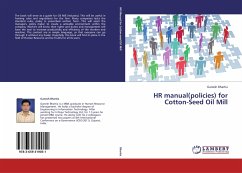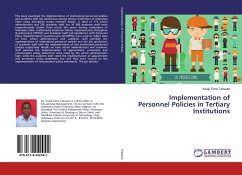In the past two to three decades, the software industry in India has witnessed rapid growth with no sufficient time to have standard HR policies and practices. In this context, a detailed study on HR policies and practices in different sized software companies was conducted with the following four objectives: To study the organizational set up for HRM functions; To identify and review the policies and practices relating to specific HRM functions such as acquisition, development, motivation and maintenance of human resource; To study the background of the employees, their perception on the HR policies and practices; To highlight the differences in the policies and practices among Tier 1, Tier 2 and Tier 3 companies. The data were collected from both employers and employees, and analyzed based on the improvised model of Meg Isaac Sternberg, covering four major areas of HRM, namely acquisition, development, motivation and maintenance. The study brings forth the HR practices almost in all aspects of HRM and makes suggestions accordingly, not only for the development of HR practices in selected companies but also for the development of software industry as a whole.
Bitte wählen Sie Ihr Anliegen aus.
Rechnungen
Retourenschein anfordern
Bestellstatus
Storno








